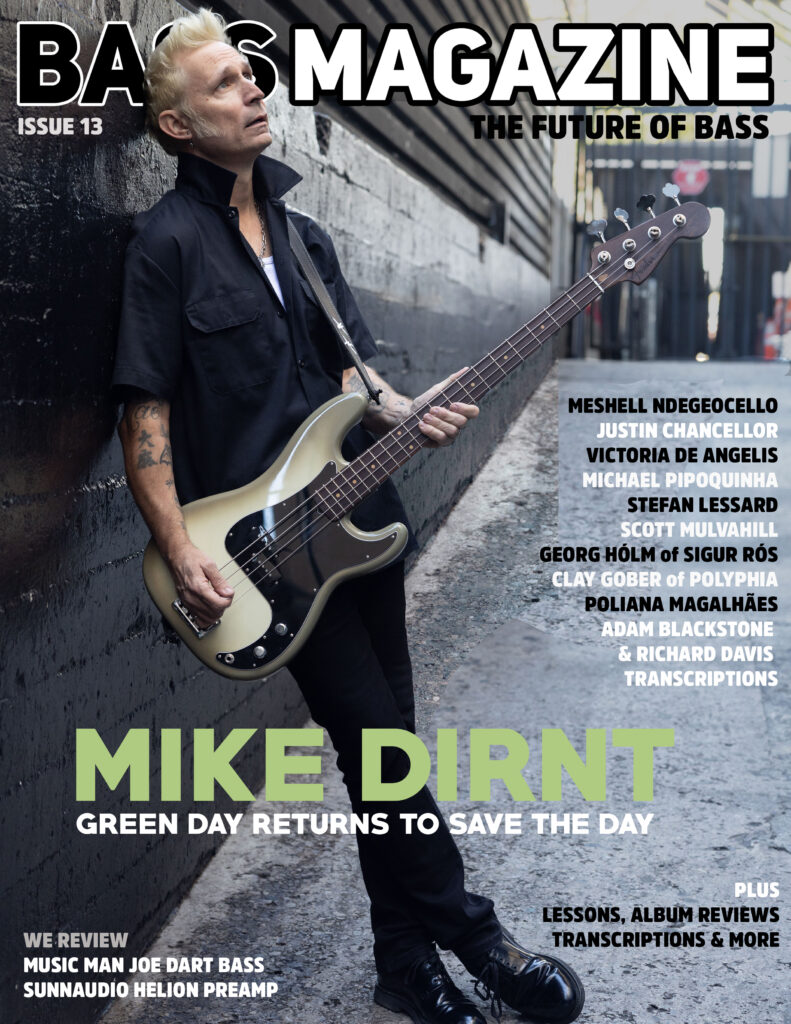Steve Harris Takes British Lion By The Scruff Of The Neck and Into 'The Burning'
Steve Harris’ galloping grooves have come to define heavy metal bass playing. Canonical Iron Maiden songs like “Run to the Hills,” “The Trooper,” and “Aces High” feature his fleet, two-fingered right-hand technique and unconventional trebly tone, a combination that immediately identifies Harris and helped elevate him to the upper echelon of rock bass. As Maiden’s founding member and chief songwriter, he also wrote the book on the power metal sub-genre of heavy metal. Records like The Number of the Beast [1982], Piece of Mind [1983] and Powerslave [1984, all on Capitol] forged a powerful template that continues to influence metal bands to this day. Now, more than 30 years later, Harris’ songwriting and bass playing continue to evolve — and although he may be more apt to choose solid grooves over the wildly kinetic bass lines of his youth, his clanky tone remains remarkably unchanged.
In 2012, Harris released British Lion [UME], his first-ever solo album, which was









